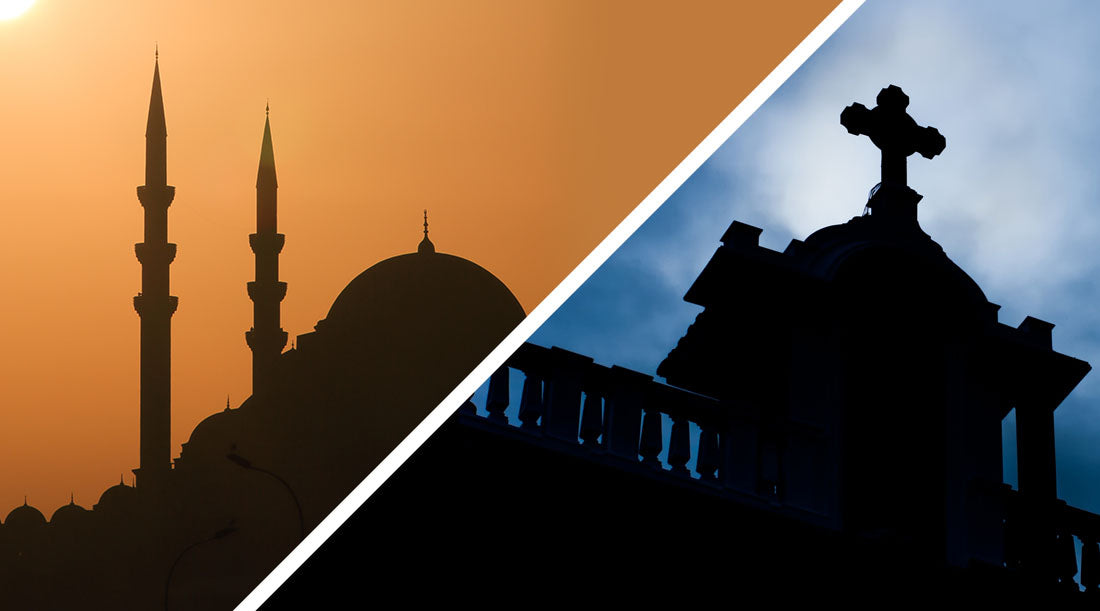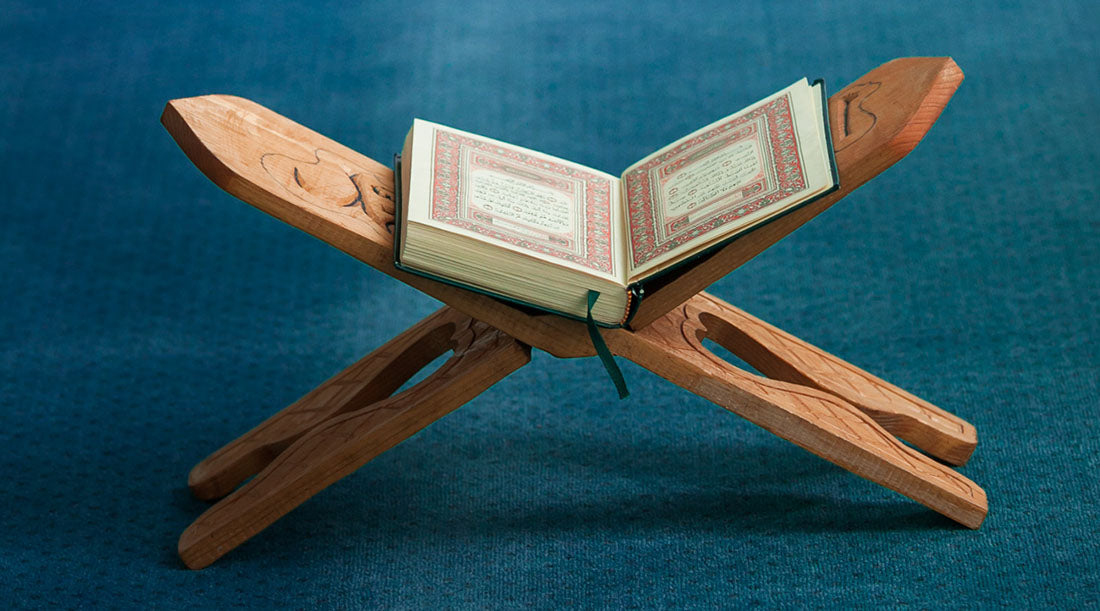Fathers are important in Islam. The Prophet (pbuh) said:
A father is one of the highest doors of Paradise. If you wish you may demolish it, and if you wish you might safeguard it.
The Prophet's own life was marked by a lack of paternal presence, as his father Abdullah passed away before his birth. Raised by his grandfather Abdul Muttalib and later under the care of his uncle Abu Talib, the Prophet cherished the bond with his family. Despite not experiencing a father's love firsthand, he implored followers to show kindness not only to their parents but also to the friends of their fathers.
Dispelling the notion that gratitude is solely financial, the Prophet emphasized a father's duty to provide not only material support but also to impart valuable life skills. In Islam, fathers are called upon to nurture their families with pure sustenance and to foster an environment of equality and generosity. The Prophet advocated for fathers to be educators, guiding their children in essential pursuits like reading, writing, and even archery. In a hadith the Prophet (pbuh) said:
A man is the shepherd of his family and is responsible for his flock.
The Prophet Muhammad's exemplary role as a father resonates through the annals of history. Despite the untimely deaths of his sons, he cherished his four daughters, particularly his youngest, Hazrat Fatima. His actions, such as standing to greet his daughter and showing affection to his grandchildren, underscore the tenderness and respect integral to fatherhood. In a hadith it is recorded that the Prophet (pbuh) said:
He who does not show mercy (towards his children), no mercy would be shown to him.
In the intricate tapestry of Islamic teachings, the Prophet Muhammad's life offers a blueprint for the reverence of fatherhood. Beyond the conventional provider, a father in Islam is envisioned as a nurturing guide, imparting wisdom and fostering an atmosphere of love and equality within the family. As we reflect on the Prophet's teachings, let us carry forward the essence of gratitude and kindness, affirming the sacred bond between fathers and their children in the light of Islamic principles.




Leave a comment
This site is protected by hCaptcha and the hCaptcha Privacy Policy and Terms of Service apply.